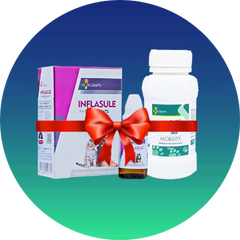
Homeopathy In Veterinary
Dr. Samual Hahnemann, a German allopath, offered the alternative system of therapeutics 200 years ago to fill the therapeutic vacuum. It was a completely dark era of Medicine then. There was no knowledge of anatomy, physiology, pathology, pharmacology, surgery, and microbiology at that time. Hence a new approach of “like cures like” was introduced, which was called HOMOEOPATHY.
What Is Homeopathic Cure?
Homeopathy: a system of complementary Medicine in which ailments are treated by minute doses of natural substances which in larger amounts would produce symptoms similar to the actual ailment in a healthy one. A lot of studies say Homoeopathy cures incurable diseases too.
“Homoeopathic medicine = Energy e.g. E = mc2”
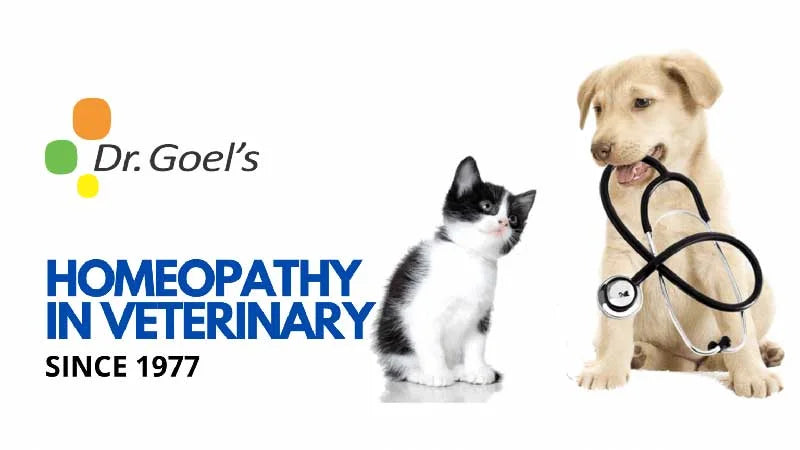
What Is Homeopathy In Veterinary?
Since then, the effectiveness of Homoeopathy has been proved in a huge number of patients. The same principle has been explored and extended to all kinds of life, including animals. Now, Homeopathic Veterinary Medicine has an emerging market in the field of small and large animals. People are positive towards better alternatives to conventional treatment with better cures and probably without side effects or contraindications. Homeopathic Veterinary Medicines for all domestic animals are the best available option that can solve most of the problems of the poor livestock farmers and pet parents as well as veterinarians.
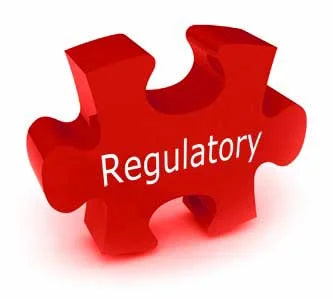
What are the Regulatory requirements for Homeopathic medicines?
Homeopathic medicines include drugs that are recorded in Homoeopathic provings and whose therapeutic efficacy has been established through long clinical experience as recorded in the authoritative Homoeopathic literature of India and abroad. It must be prepared according to the techniques of Homoeopathic pharmacy and also includes a combination of drugs.
A license needs to be obtained for manufacturing or selling Homoeopathic medicines Wholesale. If drugs are being manufactured, stocked, or sold in more than one place, a separate license needs to be obtained for each individual facility. Licenses are valid for a period of five years. Applications are made to the State Licensing Authority for the manufacture of Homoeopathic medicines and to the Central Licensing Authority for the manufacture of NHMs. Drugs may be manufactured in small quantities for tests or analyses if the manufacturer holds the appropriate licenses.
What are Regulatory requirements for over-the-counter (nonprescription) medications?
The D&C Act or the Rules do not specifically mention OTC drugs. The two broad categories envisaged by the Act are prescription and nonprescription drugs. Prescription Drugs are those specified in Schedules H, H (1), and X of the D&C Act, but there is no specific schedule enlisting the nonprescription drugs. There are certain drugs, however, which can be sold in non-drug licensed stores i.e., in non-pharmacies. These drugs are specified in Schedule K of the D&C Act and include drugs such as quinine and other anti-malarial drugs and household remedies such as Aspirin tablets, Paracetamol, and Gripe water.

Now OTC homeopathic drugs can be purchased from the same allopathic chemist shops. Do you Know?
The Centre has amended the Drugs and Cosmetics Rules, 1945 to allow the sale of homeopathic drugs over the counter from the allopathic chemist shops.
Now, homeopathic medicines can be purchases over the counter (OTC) from the common chemist shop selling allopathic drugs in INDIA. Under the existing laws, the sale of homeopathy and allopathic drugs from the same shop was not allowed.
On the recommendation of the Drugs Technical Advisory Board (DTAB), the Union Ministry of Health and Family Welfare, Govt of India, has amended the Drugs and Cosmetics Rules, 1945. The DTAB had urged the government to strictly regulate the sale of homeopathic medicines and take efforts to increase the availability of these drugs to needy patients.
According to the amended rules, allopathic chemist shops are allowed to sell only over-the-counter (OTC) homeopathic products. Sources said that currently, the availability of homeopathic pharmacies is an issue in many parts of the country, particularly in remote villages.
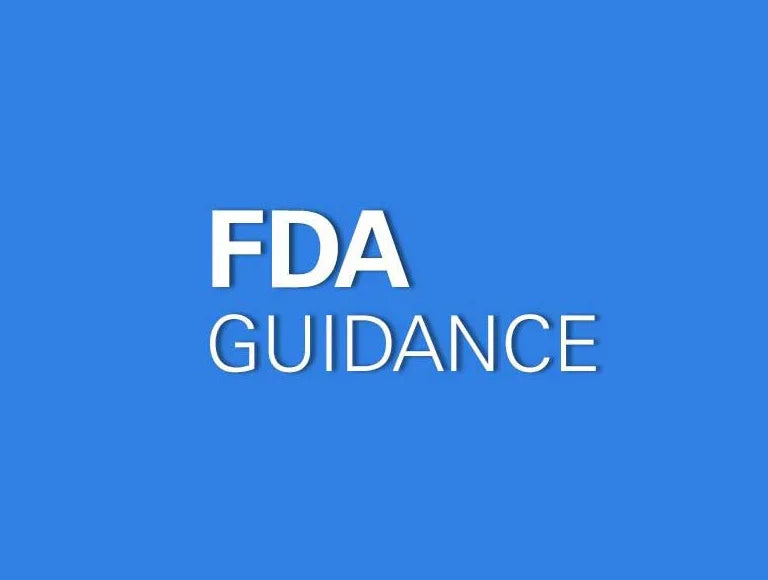
What are the U.S. Food and Drug Administration (FDA) regulate homeopathic remedies?
Because of their long use in the United States, the U.S. Congress passed a law in 1938 declaring that homeopathic remedies are to be regulated by the FDA in the same manner as nonprescription, over-the-counter (OTC) drugs, which means that most medicines can be purchased without a physician’s prescription.
Remedies are required to meet certain legal standards for strength, quality, purity, and packaging. In 1988, the FDA required that all homeopathic remedies list the indications for their use (i.e., the medical problems to be treated) on the label. The FDA also requires the label to list ingredients, dilutions, and instructions for safe use.
The guidelines for homeopathic remedies are found in an official guide, the Homeopathic Pharmacopoeia of the United States, which is authored by a nongovernmental, nonprofit organization of industry representatives and homeopathic experts. Pharmacopoeia also includes provisions for testing new remedies and verifying their clinical effectiveness. Remedies on the market before 1962 have been accepted into the Homeopathic Pharmacopoeia of the United States based on historical use rather than scientific evidence from clinical trials.
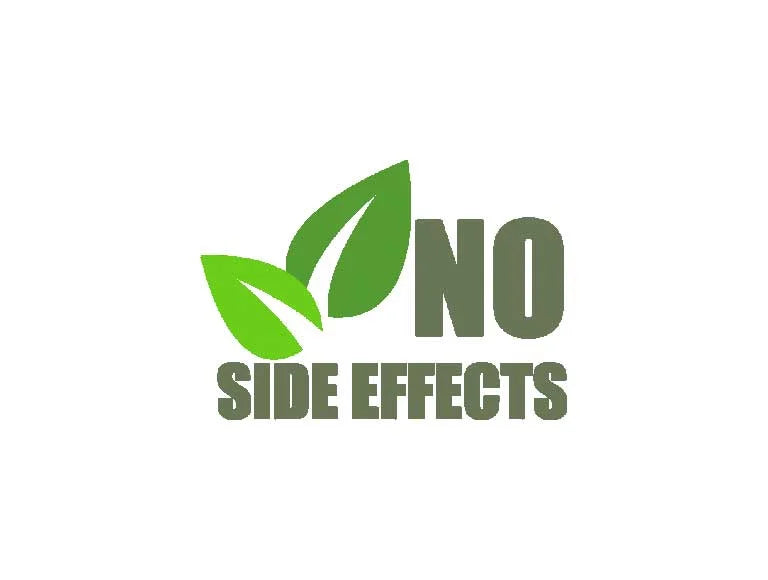
Have any side effects or complications been reported from the use of homeopathy?
Homeopathy is a very safe system of Medicine, and some general information has been reported about risks and side effects in homeopathy:
Homeopathic medicines in high dilutions, taken under the supervision of trained professionals, are considered safe and unlikely to cause severe adverse reactions.
Rarely some patients report feeling worse for a brief period of time after starting homeopathic remedies. Homeopaths interpret this as the body temporarily stimulating symptoms while it makes an effort to restore health.
Liquid homeopathic remedies can contain alcohol and are permitted to have higher levels of alcohol than conventional drugs for adults. This may be of concern to some consumers. However, no adverse effects from the alcohol levels have been reported either to the FDA or in the scientific literature.
Download our easy to read guide to keep your pet’s happy and healthy


